About

Sound research for a more sustainable, equitable, democratic, and prosperous Appalachia.
What We Do
The Ohio River Valley Institute is an independent, nonprofit research and communications center—a think tank—founded in 2020. We equip the region’s residents and decision-makers with the policy research and practical tools they need to advance long-term solutions to some of Appalachia’s most significant challenges. Our work includes in-depth research, commentary, and analysis, delivered online, by email, and in-person to policy champions, emerging leaders, and a range of community partners.
What We Stand For
The Ohio River Valley Institute’s mission is to support communities in the region working to advance a more prosperous, sustainable, and equitable Appalachia. The Institute produces data-driven research and proposes policies to improve the economic performance and standards of living for the greater Ohio River Valley, with a focus on shared prosperity, clean energy, and equitable democracy.
Our Vision
The Ohio River Valley is a place where communities can thrive by investing in, rather than exploiting, local resources. By moving beyond an extractive economy toward shared prosperity, lasting job growth, clean energy, and civic engagement, the region can cultivate a stronger and more equitable economy that will set an example for similar regions throughout the world.
Our Commitment to Equity, Inclusion, and Justice
As an independent research center, we have an obligation to ensure that our work accurately incorporates learnings from, and contemplates the potential impact on, people with a broad range of backgrounds and experiences in the region. We recognize that where equity is absent, there are no strong communities, thriving economies, or healthy environments.
Our Team
Staff
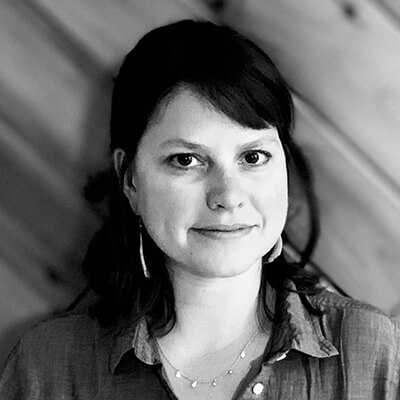
Joanne Kilgour
Executive Director
Joanne Kilgour, Esq. is an environmental lawyer and nonprofit professional with a passion for justice and democracy. Informed by her work with the Center for Coalfield Justice and the Sierra Club Pennsylvania Chapter, Joanne is committed to securing social, economic, and environmental policies that support communities while demanding long-term structural change.
Reach Joanne at joanne[at]ohiorivervalleyinstitute[dot]org.
Joanne Kilgour, Esq. is a Pennsylvania-based environmental lawyer and nonprofit professional with a passion for justice and democracy. Joanne most recently served as the Director of the Sierra Club Pennsylvania Chapter, where she stewarded the organization’s statewide operations and managed its lobbying and political program. Before joining the Sierra Club, Joanne had the opportunity to combine her legal background and passion for community-based advocacy into a position as the first Legal Director at the Center for Coalfield Justice (CCJ). At CCJ, she worked to infuse legal tools into grassroots organizing efforts, helping to support community members in the coalfields of southwestern Pennsylvania on matters related to underground mining, oil and gas development, and environmental justice.
Joanne received her undergraduate education at Carnegie Mellon University, where she served as a Fellow in Local Democracy through a partnership with the Coro Center for Civic Leadership and the Southwestern Pennsylvania Program for Deliberative Democracy. Earning her law degree from the University of Pittsburgh School of Law, Joanne was awarded a Certificate in Environmental, Law, Science, and Policy and worked in the school’s Environmental Law Clinic, where she learned client-centered counseling methods and provided legal services to clients who otherwise could not afford representation. During law school, Joanne also received the Thornburgh Prize for Legal Service to recognize her public interest work with communities in the coal and gas fields.
In addition, Joanne serves on the Board of Directors for Conservation Voters of Pennsylvania and as member of the Conservation and Natural Resources Advisory Council for the Pennsylvania Department of Conservation and Natural Resources.
Joanne is motivated by a commitment to secure social, economic, and environmental policies that support communities while demanding long-term structural change.

Ted Boettner
Senior Researcher
Ted uses sound research and analysis to advance shared prosperity through people, projects, and policy. His current areas of work include oil and gas issues, fiscal policy, energy economics, and economic development. Prior to joining ORVI, he was the founding executive director of the West Virginia Center on Budget and Policy. Over the last 20 years, Ted has authored numerous publications and commentaries, testified to various government bodies, and is frequently cited in the media on policy issues. Ted is an Honorary Labor Hall of Fame member of the Southwestern District Labor Council, AFL-CIO. He serves on the board of True Transition and Legal Aid West Virginia and on Reimagine Appalachia’s executive committee.
Reach Ted at ted[at]ohiorivervalleyinstitute[dot]org.
Ted uses sound research and analysis to advance shared prosperity through people, projects, and policy. His current areas of work include oil and gas issues, fiscal policy, energy economics, and economic development. Prior to joining ORVI, he was the founding executive director of the West Virginia Center on Budget and Policy. Over the last 20 years, Ted has authored numerous publications and commentaries, testified to various government bodies, and is frequently cited in the media on policy issues. Ted is an Honorary Labor Hall of Fame member of the Southwestern District Labor Council, AFL-CIO. He serves on the board of True Transition and Legal Aid West Virginia and is on the executive committee of Reimagine Appalachia.
He has taught political science and public policy at West Virginia University, where he received his undergraduate degree, and received his master’s degree in political science from the University of New Hampshire. Ted is currently in graduate school (again) at Clarkson University in the business of energy program. Ted lives in Charleston, WV with his wife and two kids, and enjoys birding, running and whitewater paddling with friends, cooking, and coaching soccer.
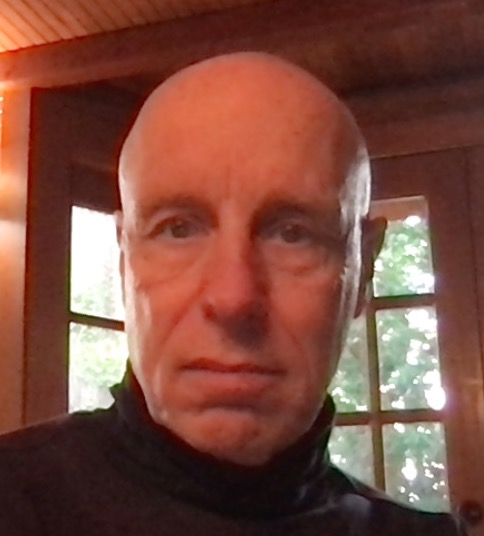
Sean O’Leary
Senior Researcher
Sean O’Leary, senior researcher, energy and petrochemicals, is a native of Wheeling, WV. He has written about coal, natural gas, and their role in the economies of Appalachia in a book, a newspaper column, and blog titled, “The State of My State”. Previously, Sean served as communications director at the NW Energy Coalition in Seattle, Washington.
Reach Sean at sean[at]ohiorivervalleyinstitute[dot]org.
Sean O’Leary, senior researcher, energy and petrochemicals, has studied and written about coal, natural gas, and their role in the economies of Appalachia since the beginning of the fracking boom. He is the author of “The State of My State” blog and newspaper column, which ran in the Martinsburg (WV) Journal between 2010 and 2014. Since 2016, Sean has served as communications director of the NW Energy Coalition in Seattle, Washington where he has helped develop and promote policies advancing the Northwest’s transition to an emissions-free electric system, just transitions for fossil fuel workers and communities, and the restoration of salmon and orca whales whose survival is threatened by hydropower dams on the lower Snake River.
Previously, Sean was the founder and president of MarketLab, Inc., a market modeling and promotional services firm that provided analytic and creative services to over 50 national consumer packaged goods brands. He also created the ZeroBase marketing optimization model, which was used by brands to analyze performance and optimally allocate promotional spending.
In his spare time, Sean is an accomplished playwright and author of six plays that have been professionally produced. They include “Pound”, about the poet Ezra Pound, which starred Christopher Lloyd in an off-Broadway production in 2018. Sean’s plays have been recognized by the National Endowment for The Arts, the National Arts Club, and the West Virginia Department of Arts and Culture. In 2005, he was named to the Literary Map of West Virginia.
Sean is a native of Wheeling, West Virginia and is a graduate of Warwood High School and Bethany College. He and his wife, Kat Elias, live in Indianola, Washington. Sean’s book, “The State of My State”, published in 2013, is available in bookstores and on Amazon. You can also visit “The State of My State” blog.

Eric Dixon
Senior Researcher
Eric focuses on economic and environmental policy in Appalachia and beyond. Prior to joining ORVI, Eric was an organizer and policy advocate at Appalachian Citizens’ Law Center, where he worked on issues such as black lung and damage from abandoned coal mines.
Reach Eric at dixon[at]ohiorivervalleyinstitute[dot]org.

Tom Torres
Hydrogen Program Director
Reach Tom at tom[at]ohiorivervalleyinstitute[dot]org.
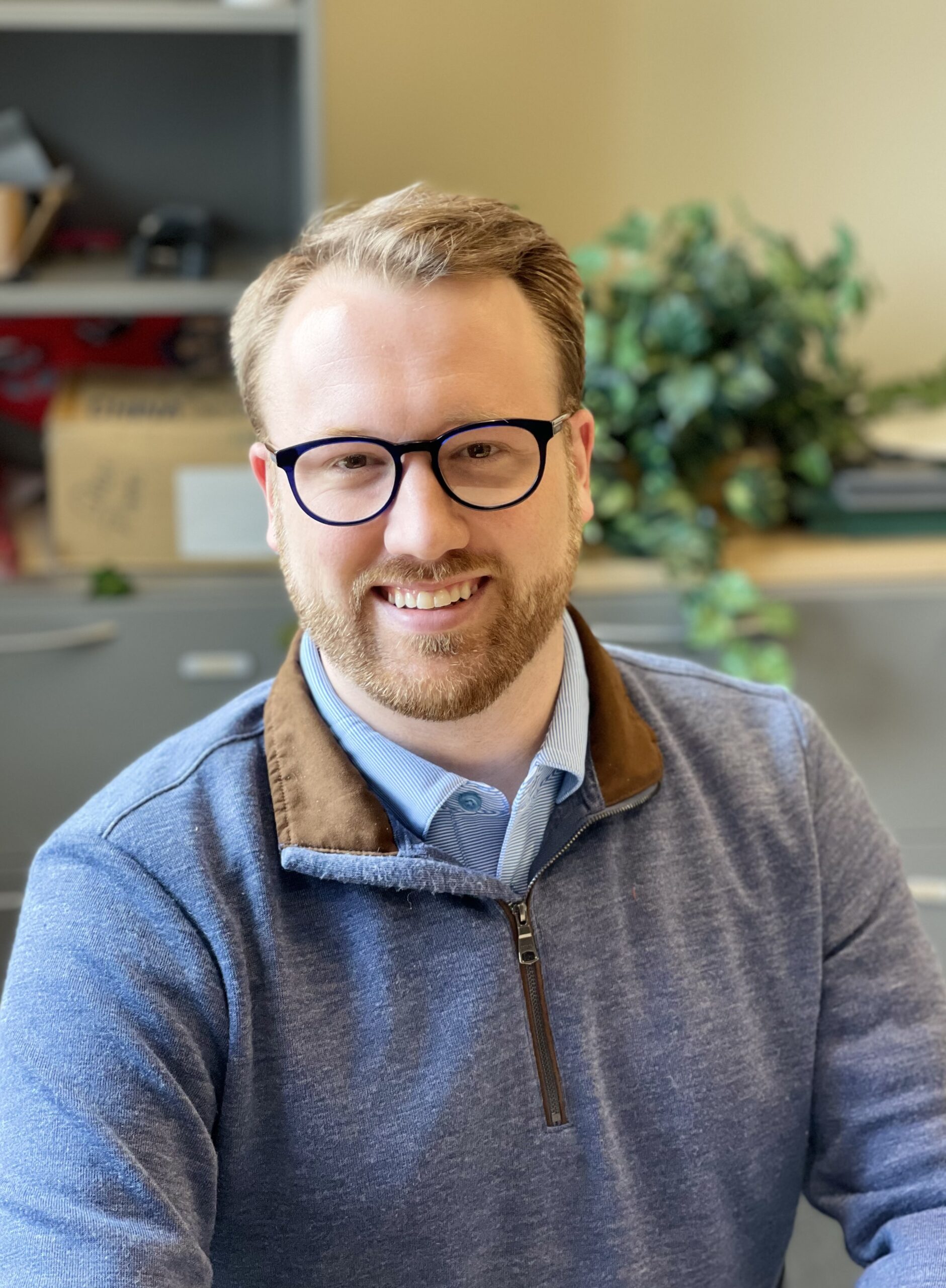
Nick Messenger
Senior Researcher
Nick Messenger focuses on applying data science and economic modeling to local economic development policy, energy economics, and clean energy transition issues. He also researches and writes about housing and education economic policy issues. Nick is a PhD Candidate in Agricultural, Environmental, and Development Economics at the Ohio State University where he also earned his M.S in the field.
Reach Nick at nick[at]ohiorivervalleyinstitute[dot]org.
Nick Messenger focuses on applying data science and economic modeling to local economic development policy, energy economics, and clean energy transition issues. He also researches and writes about housing and education economic policy issues. Nick is a PhD Candidate in Agricultural, Environmental, and Development Economics at the Ohio State University where he also earned his M.S in the field. Prior to research, Nick taught high school chemistry and physics across three states in the Midwest and Gulf regions.
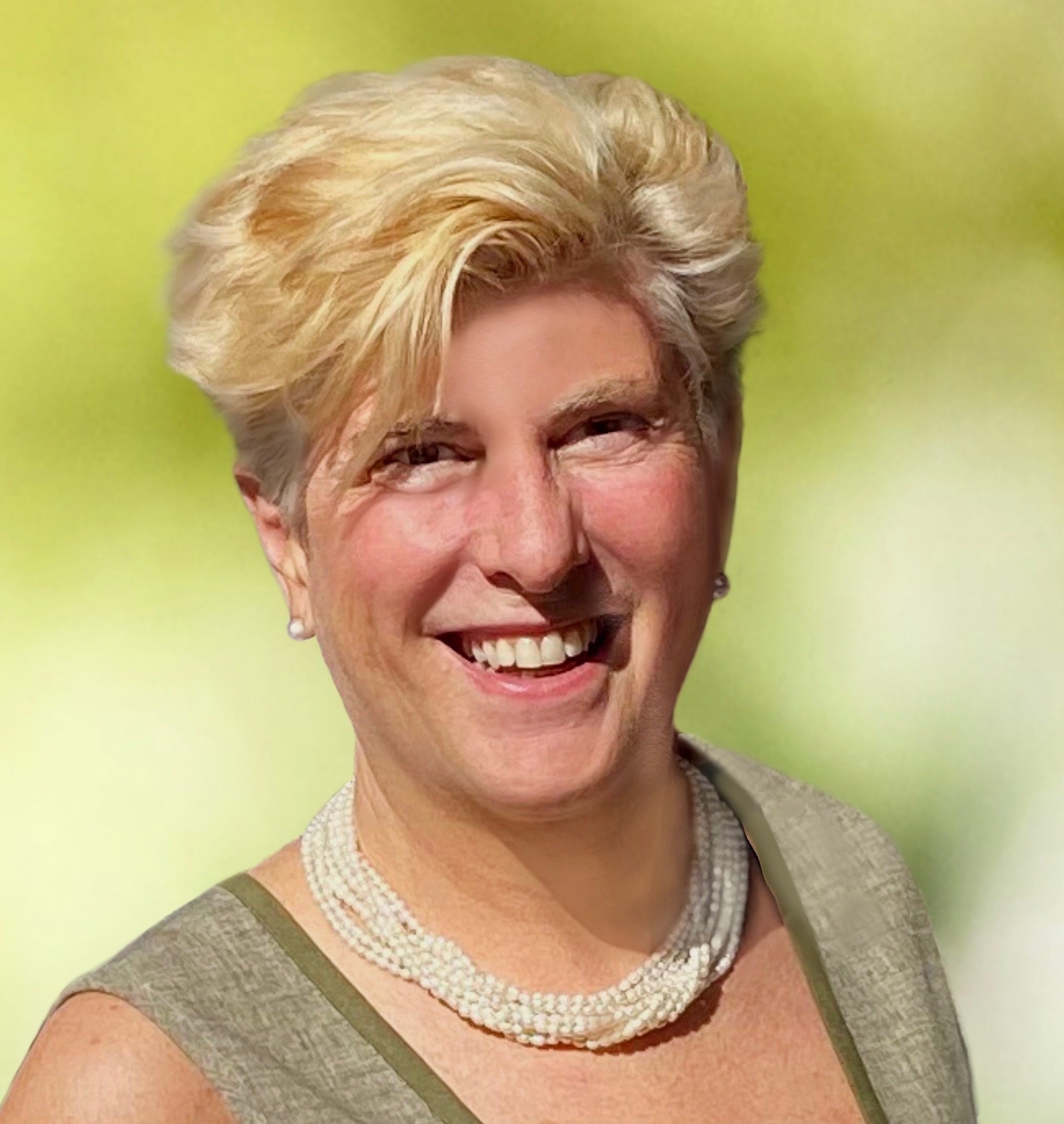
Kathy Hipple
Research Fellow
Kathy is a professor of finance with Bard College’s MBA in Sustainability program and a former financial analyst with the Institute for Energy Economics and Financial Analysis.

Niani Brown
BIL & IRA Local Implementation Coordinator
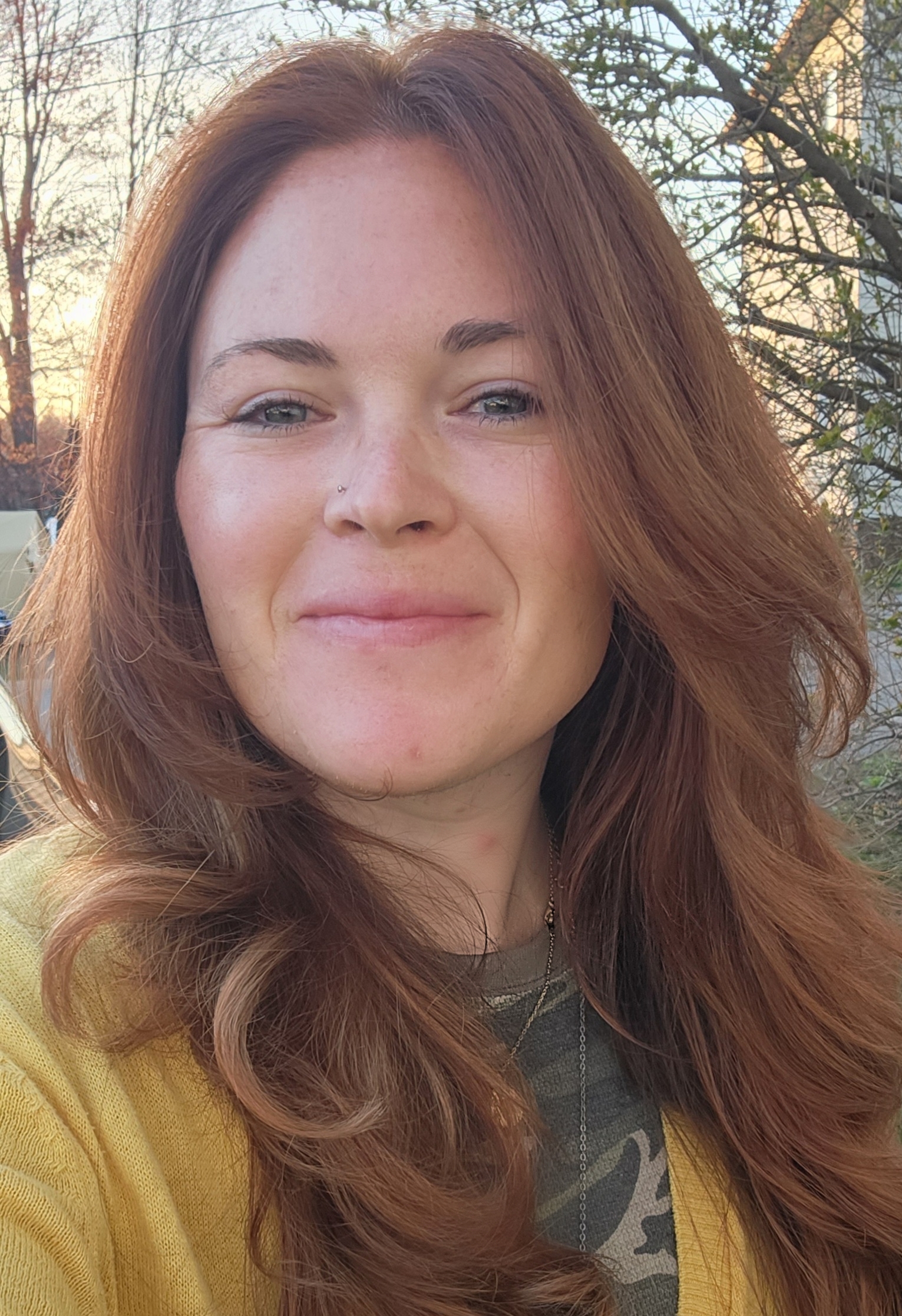
Deirdre Lally
Community Outreach Coordinator
Reach Deirdre at deirdre[at]ohiorivervalleyinstitute[dot]org.
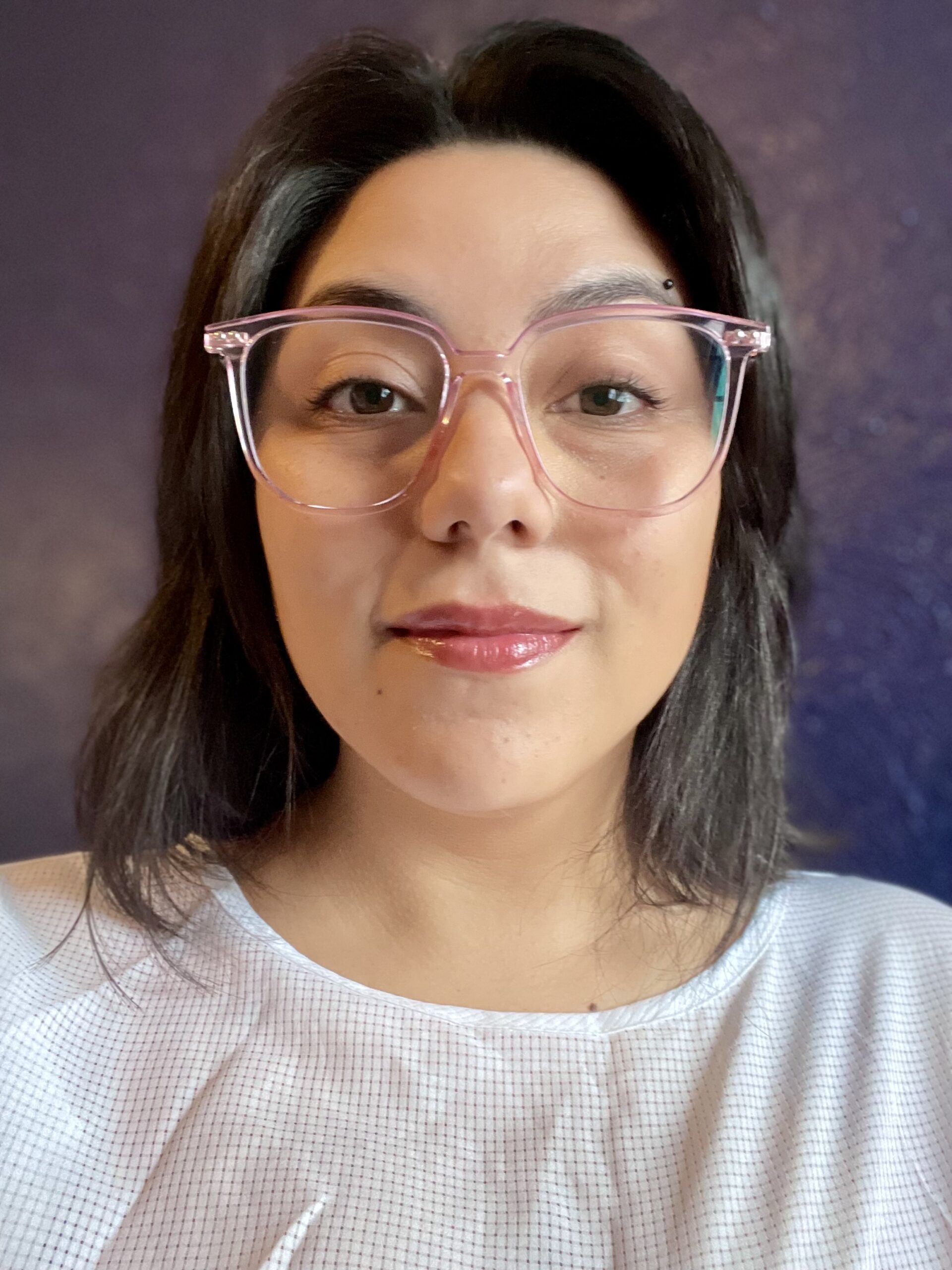
Stacey Padilla
Operations Manager
Reach Stacey at stacey[at]ohiorivervalleyinstitute[dot]org.
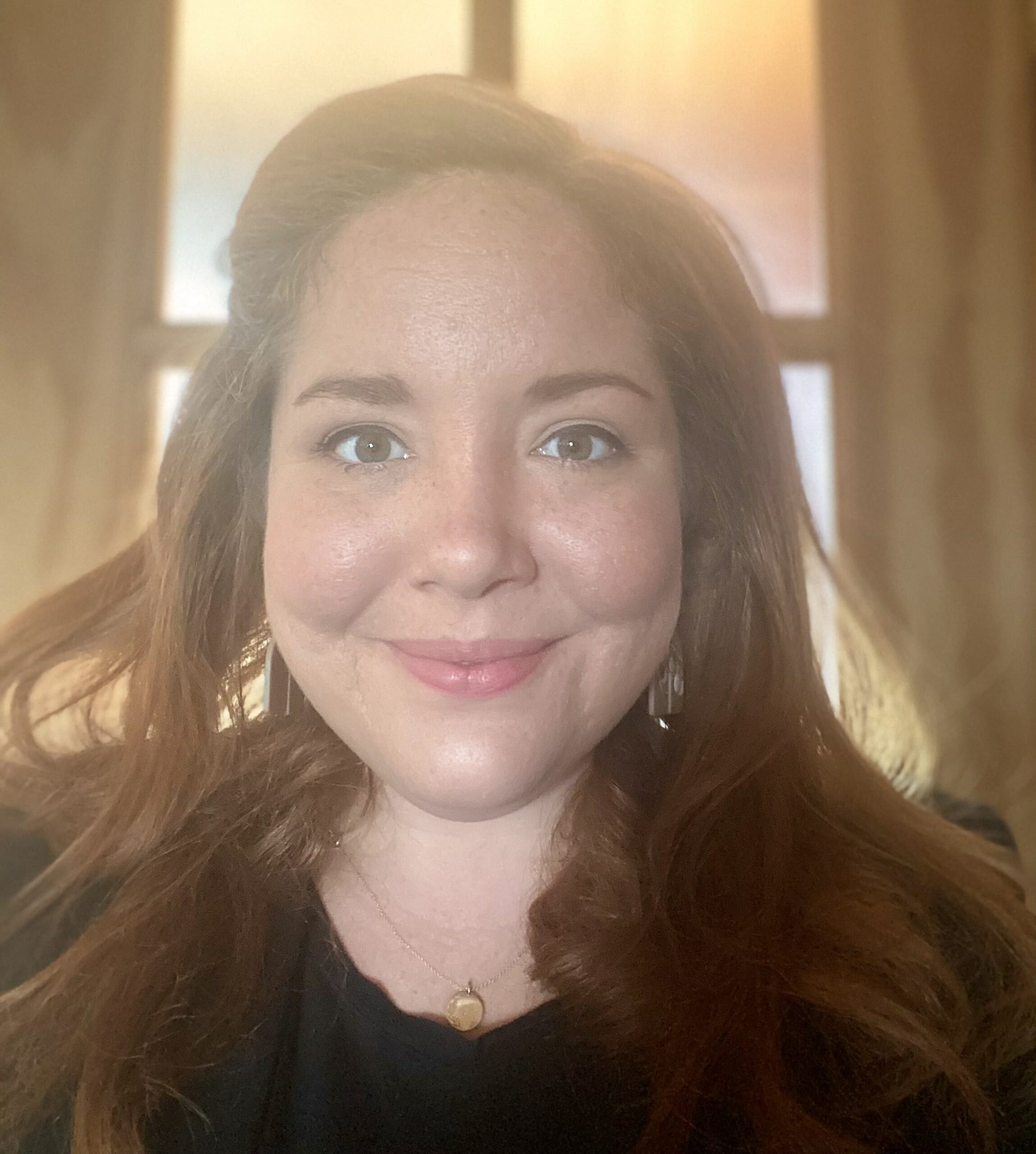
Justine Hackimer
Industrial Decarbonization Program Manager
Reach Justine at justine[at]ohiorivervalleyinstitute[dot]org.
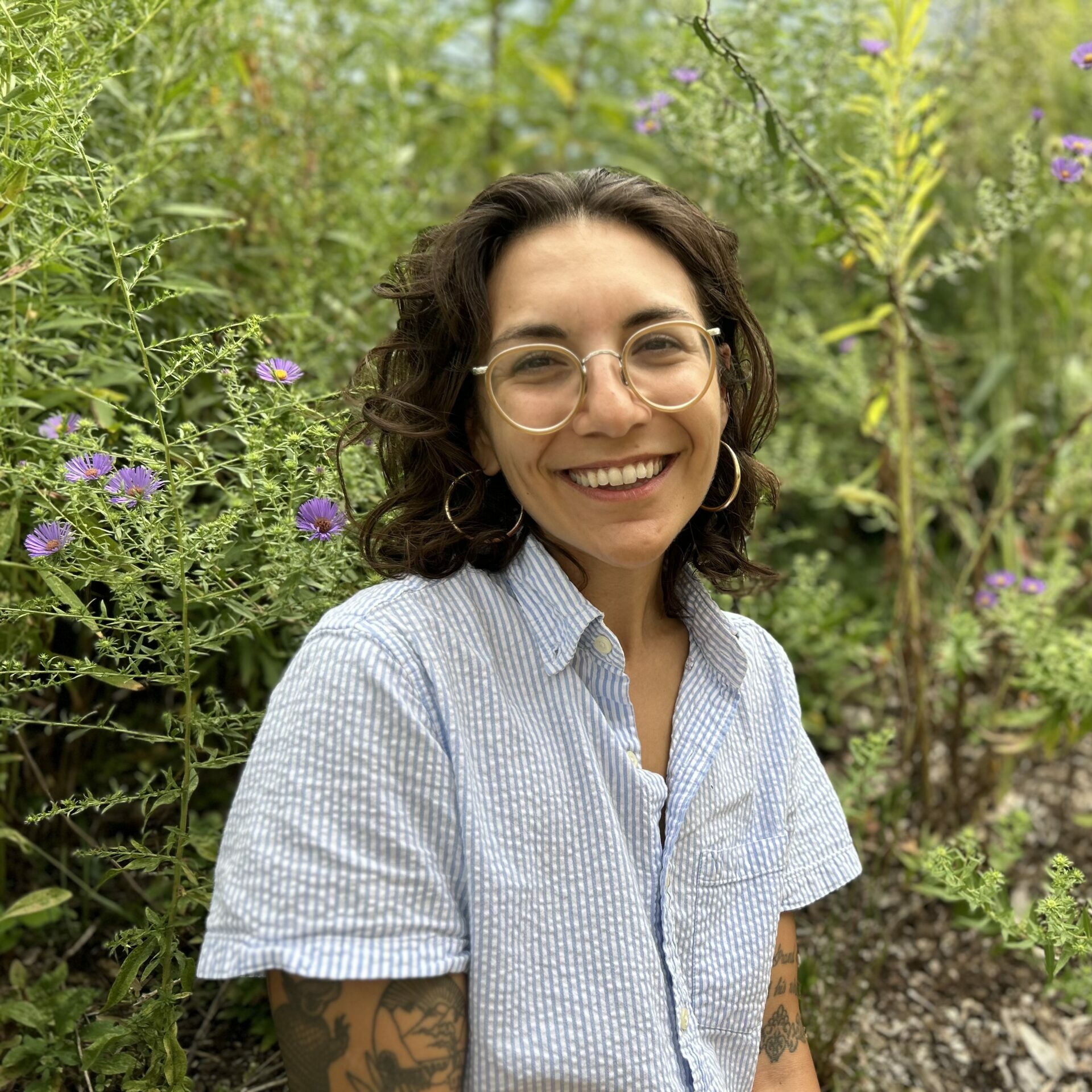
Virginia Alvino Young
Senior Communications Strategist
Reach Virginia at virginia[at]ohiorivervalleyinstitute[dot]org.
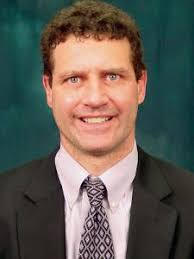
Mark Partridge, Ph.D.
Senior Research Fellow
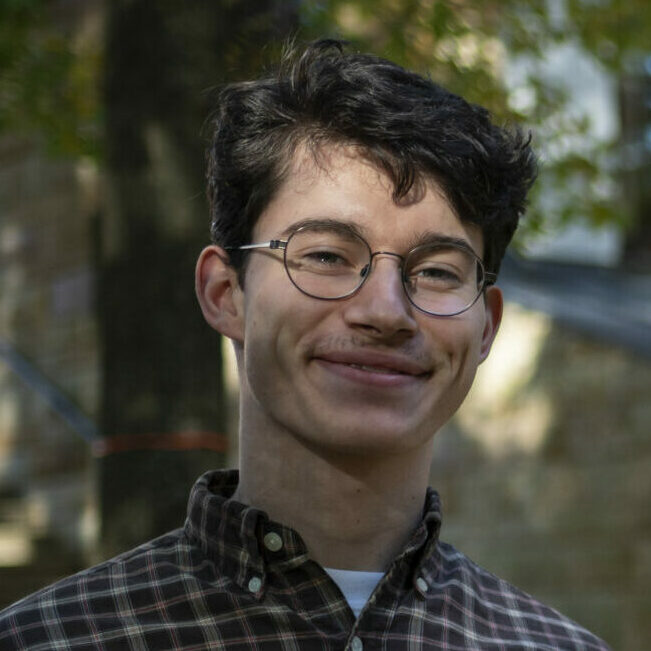
Ben Hunkler
Communications Manager
Ben comes to ORVI from community advocacy work in the Ohio River Valley. He offers communications and design support for report releases, social media content, and the ORVI Insider.
Reach Ben at ben[at]ohiorivervalleyinstitute[dot]org.
Advisory Council
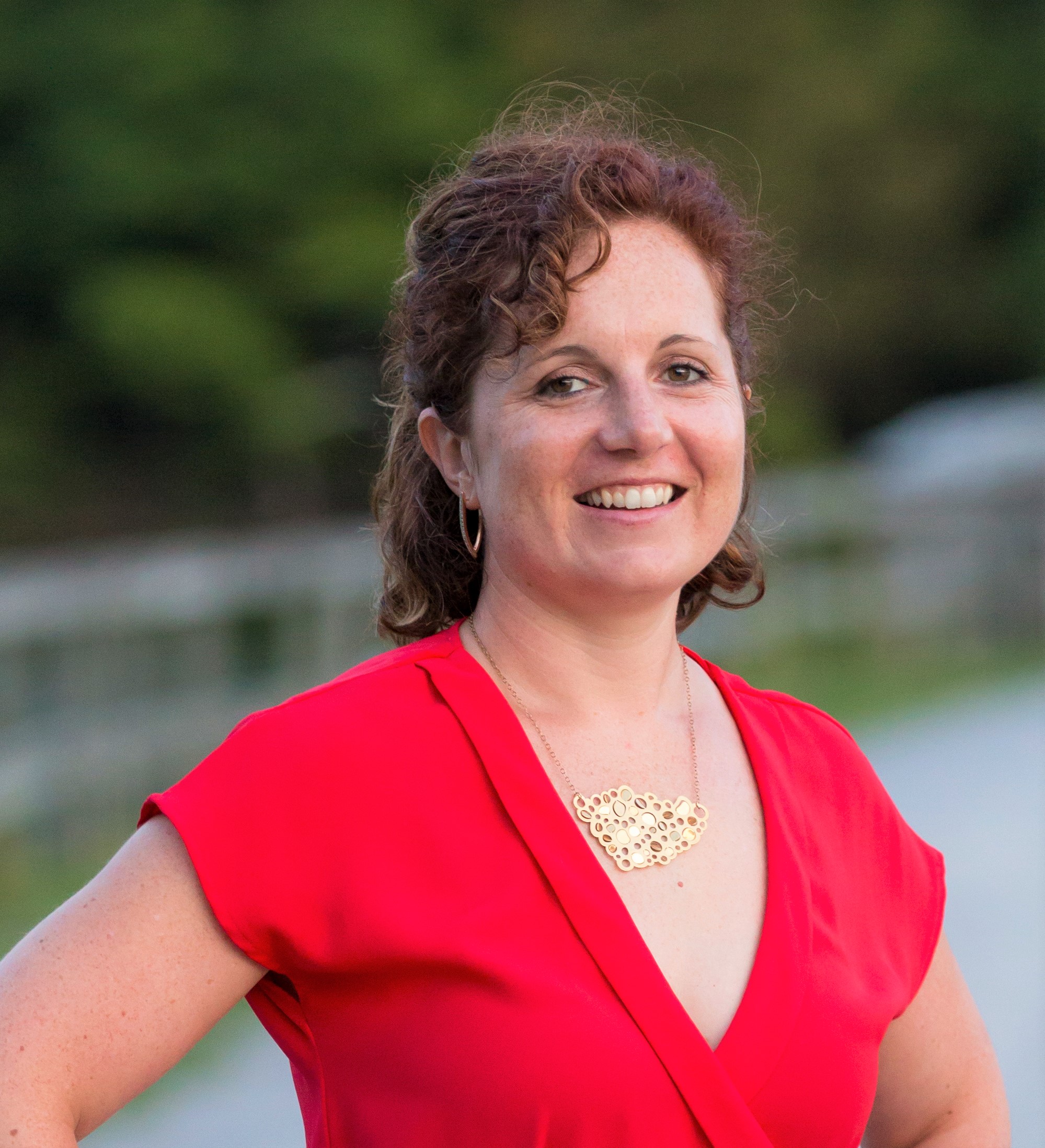
Martina Angela Caretta, Ph.D.
Lund University, Sweden
Dr Martina Angela Caretta is a Senior Lecturer at the Department of Human Geography at Lund University, Sweden. She holds a PhD in Geography from Stockholm University, Sweden. Dr Caretta was an Assistant Professor in Geography at West Virginia University between 2016 and 2020. While at WVU, Dr Caretta investigated the social, economic and environmental impacts of hydraulic fracturing and pipelines development in Appalachia. Her research agenda revolves around the human dimensions of water and climate change adaptation. Dr Caretta is a Coordinating Lead Author of the United National Intergovernmental Panel on Climate Change (IPCC) 6th Assessment Report.
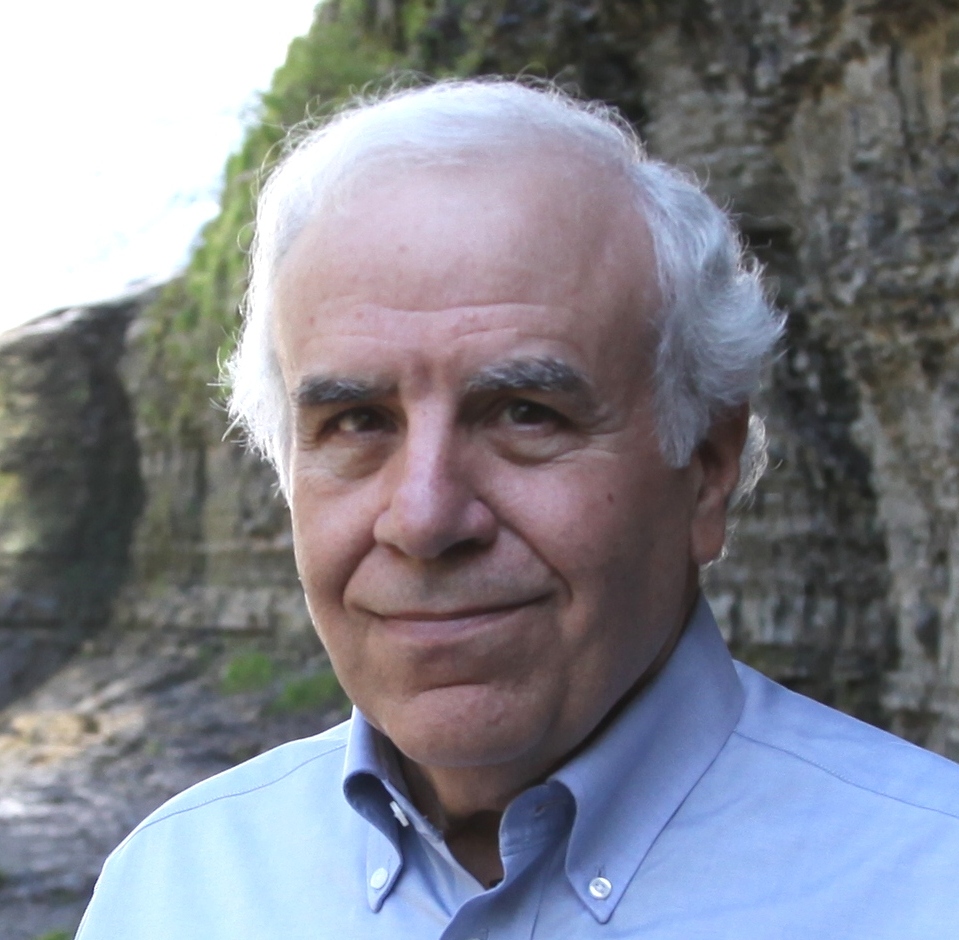
Tony Ingraffea, Ph.D.
Cornell University

Jill Kriesky, Ph.D.
Southwest Pennsylvania Environmental Health Project (formerly)
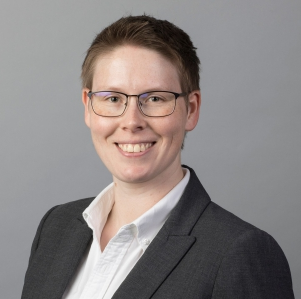
Leslie Marshall, Ph.D.
Society of Fire Prevention Engineers
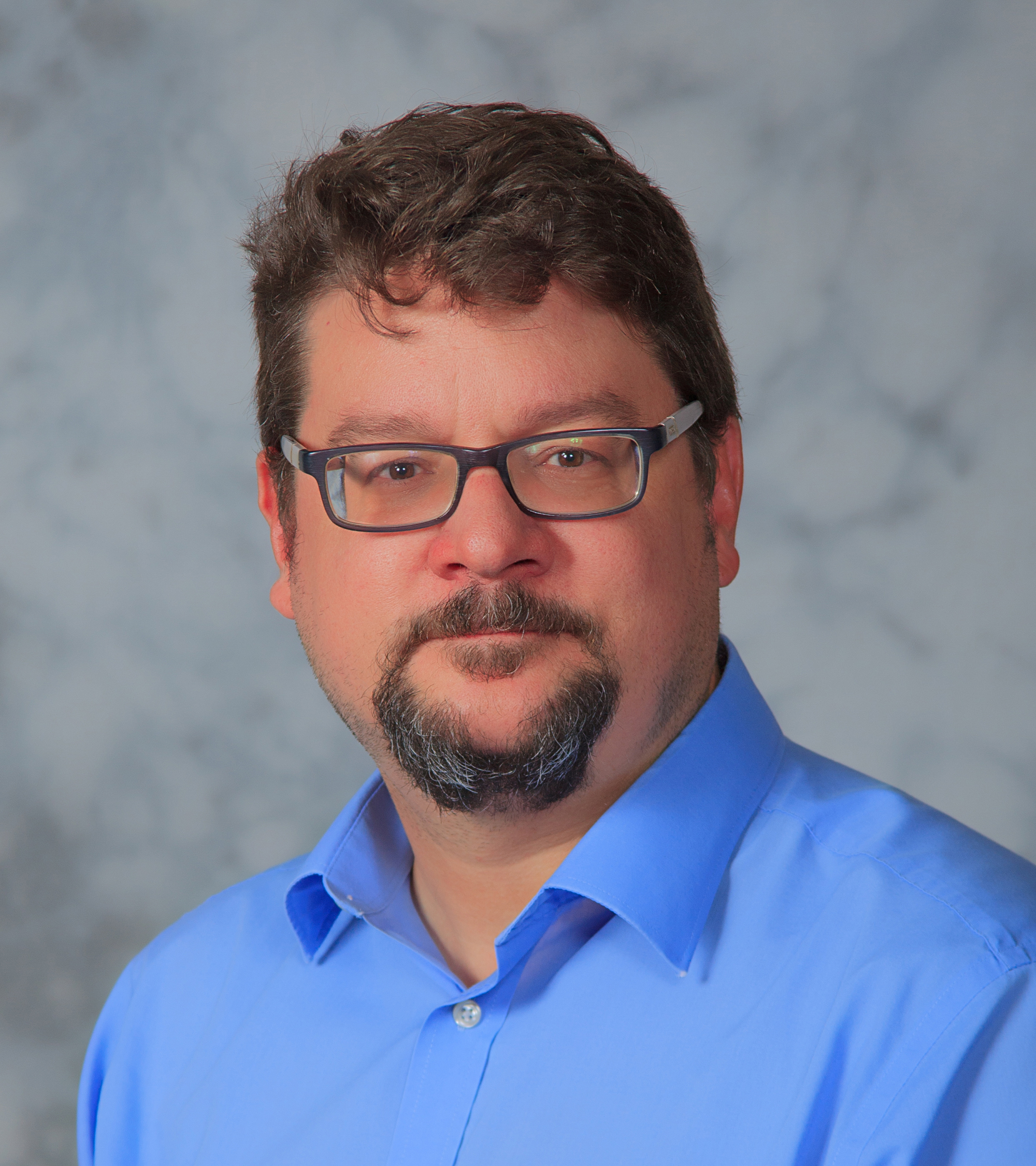
Lou Martin, Ph.D.
Chatham University
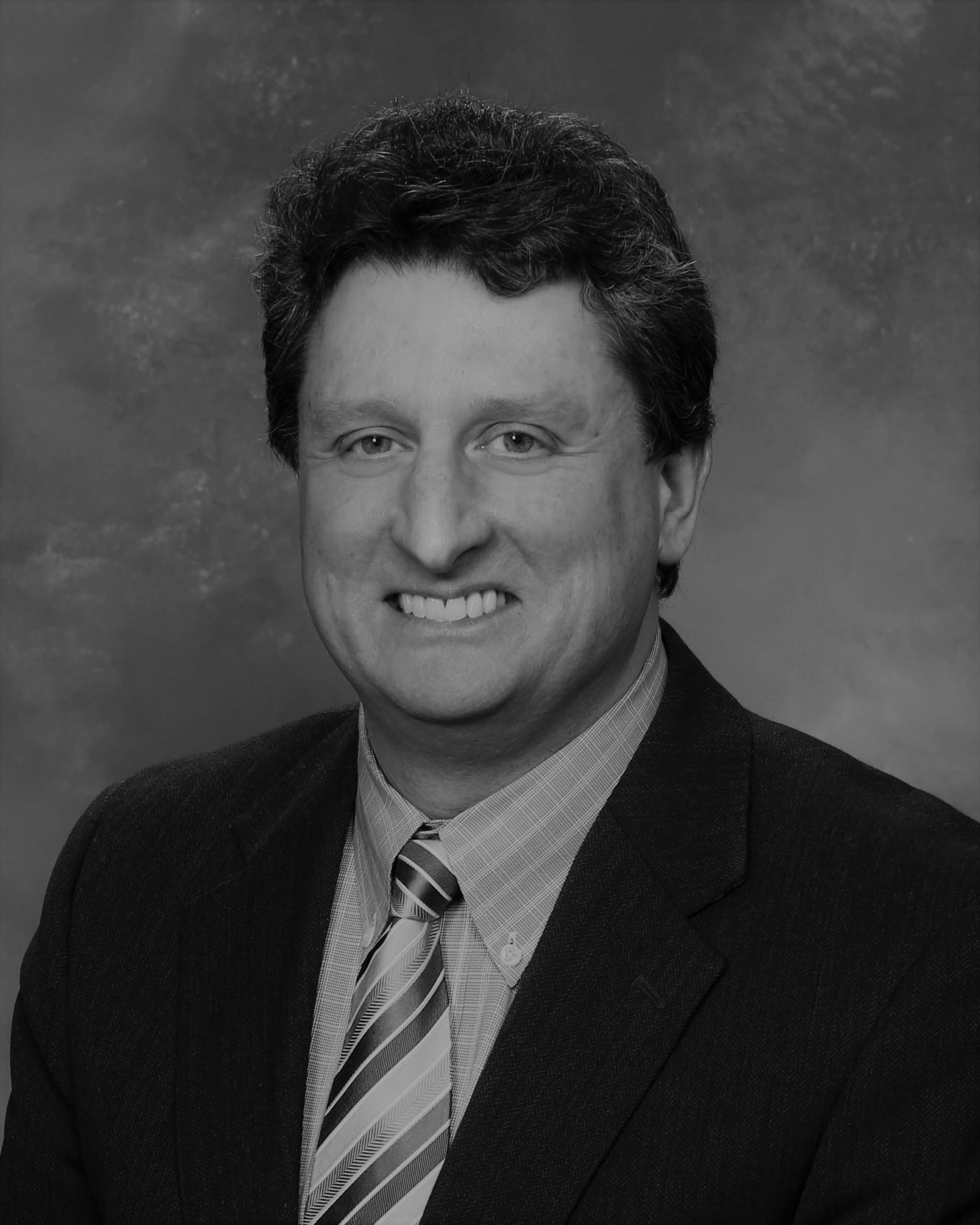
Matt Mehalik, Ph.D.
Breathe Project
Dr. Matt Mehalik is Executive Director of the Breathe Project, a coalition of local residents, environmental advocates, public health professionals and academics advocating for healthier air for the Pittsburgh region. From 2007 – 2016, he served as Program Director for Sustainable Pittsburgh where he created Champions for Sustainability. Matt teaches environmental policy and community resiliency courses at Heinz College, Carnegie Mellon University.
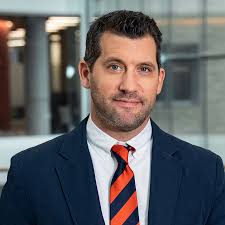
Nick Muller, Ph.D.
Carnegie Mellon University

Mark Partridge, Ph.D.
Ohio State University
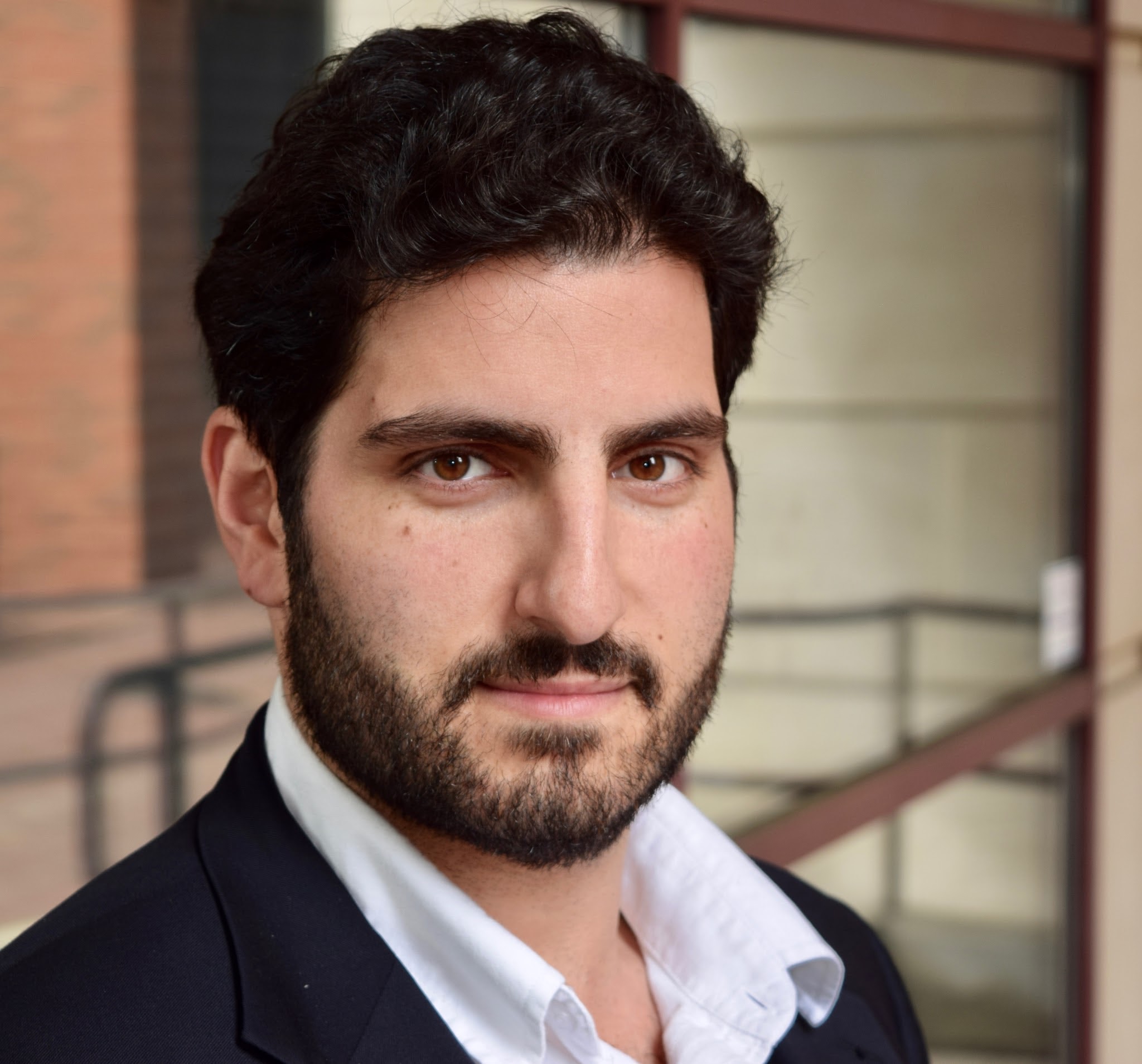
Mark Paul, Ph.D.
Rutgers University
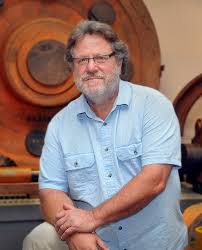
John Russo, Ph.D.
Youngstown State University
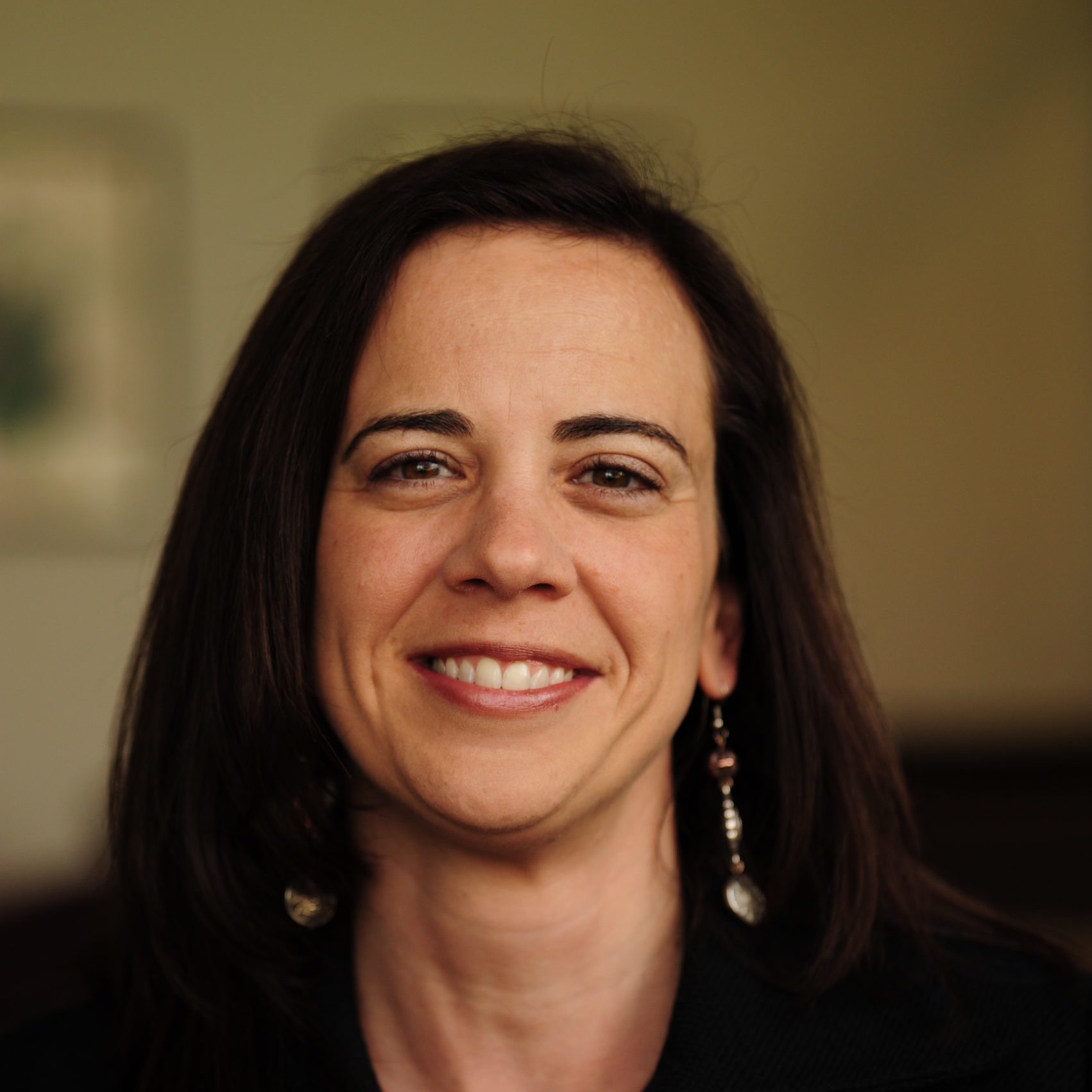
Heather M. Stephens, Ph.D.
West Virginia University

Monica Unseld, Ph.D., M.P.H.
Until Justice Data Partners

Shanti Gamper-Rabindran, Ph.D.
University of Pittsburgh
Professor Gamper-Rabindran analyzes public utility commissions, community-centered strategies, and the economic, legal, and political aspects of the renewable energy transition, as well as the economic diversification of fossil-fuel-reliant communities nationally and globally.
Her book America’s Energy Gamble: People, Economy and Planet details how political, financial, and legal institutions entrench fossil fuel dependency, but how efforts to shift to cost-competitive renewable energy have gained traction.
Her edited volume The Shale Dilemma: A Global Perspective on Fracking and Shale Development covers countries’ diverging decisions to pursue or eschew shale extraction and describes the impact of the shale gas industry on local communities.
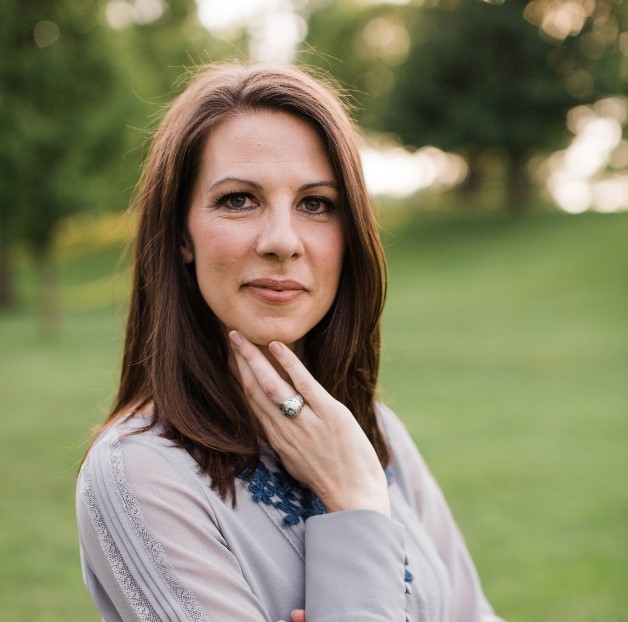
Amanda Weinstein, Ph.D.
Center on Rural Innovation
Dr. Amanda Weinstein is Director of Research, Knowledge, and Evaluation at the Center on Rural Innovation. Prior, she was Associate Professor in the Department of Economics at the University of Akron. Weinstein studies the factors that lead to the economic success (or economic decline) of places focusing on rural areas and small towns. Her work centers attracting and keeping a highly skilled workforce, growing 21st century jobs, and the importance of enhancing the quality of life in communities. She also co-hosts The Suburban Women Problem Podcast.
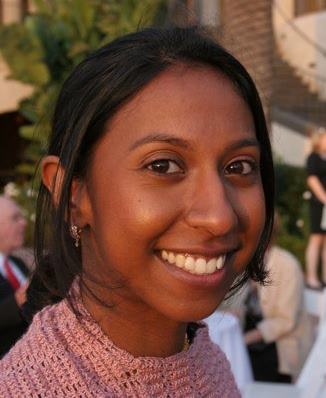
Jaimie Worker, M.S.W
Caring Across Generations
Jaimie K. Worker is the senior state policy coordinator for the Economic Analysis and Research Network (EARN) at EPI. She is committed to ensuring that racial and gender equity is a public policy priority and that the leaders of communities impacted by structural racism and oppression are key collaborators in developing public policy.
Prior to joining EPI, Worker was a senior policy analyst at Community Change, where for more than six years she worked on racial and economic justice campaigns focused on jobs and public investment in partnership with grassroots organizations. Previously, she worked with the New Organizing Institute, as well as the Restaurant Opportunities Center of Michigan, supporting workplace organizing and policy campaigns to win improved working conditions in the restaurant industry.
Worker is the proud daughter of immigrants and hails from Detroit, Michigan.
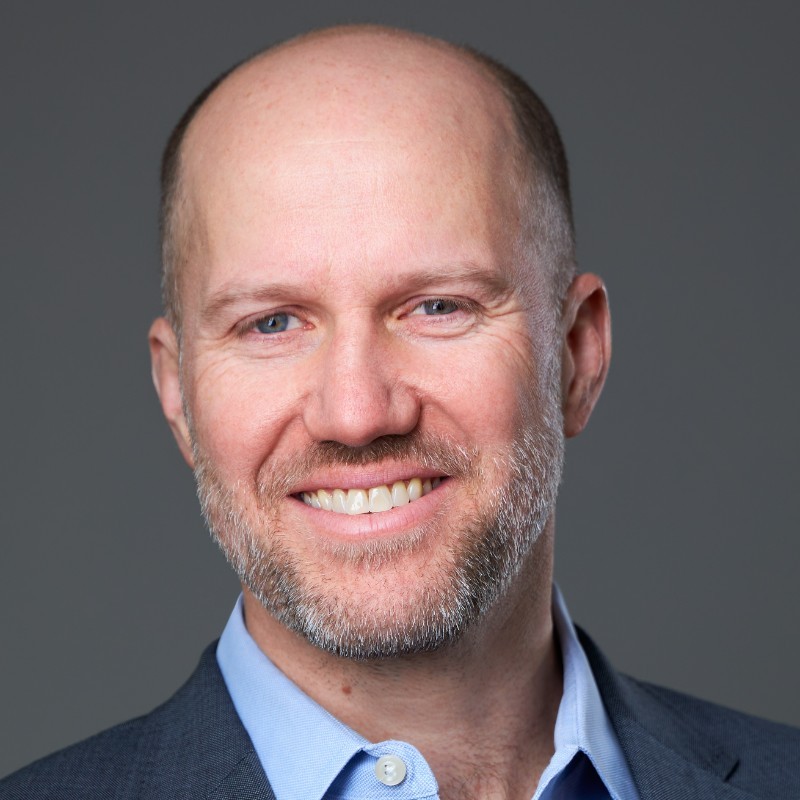
Lafe Metz, J.D.
Hillwood
Lafe Metz is a real estate development and transactional attorney focused on large-scale industrial development. Metz holds broad experience in all aspects of commercial real estate development, transactions, zoning and land use, government incentives, financing, leasing and property tax matters including tax increment financing and abatements.
Let's Face Our Challenges Together
All of our research is available to you to cite, use, and share, per our free use policy.
